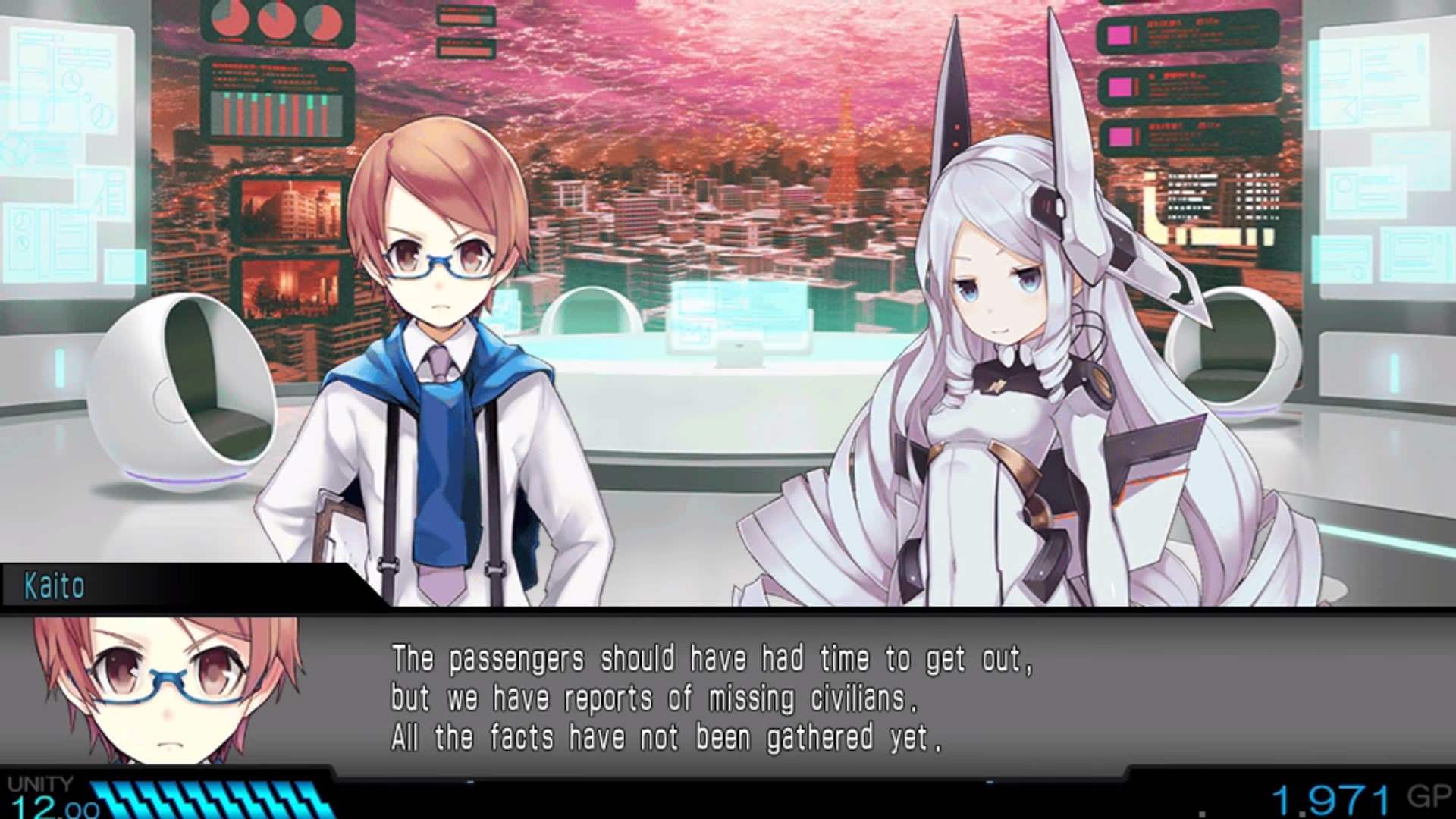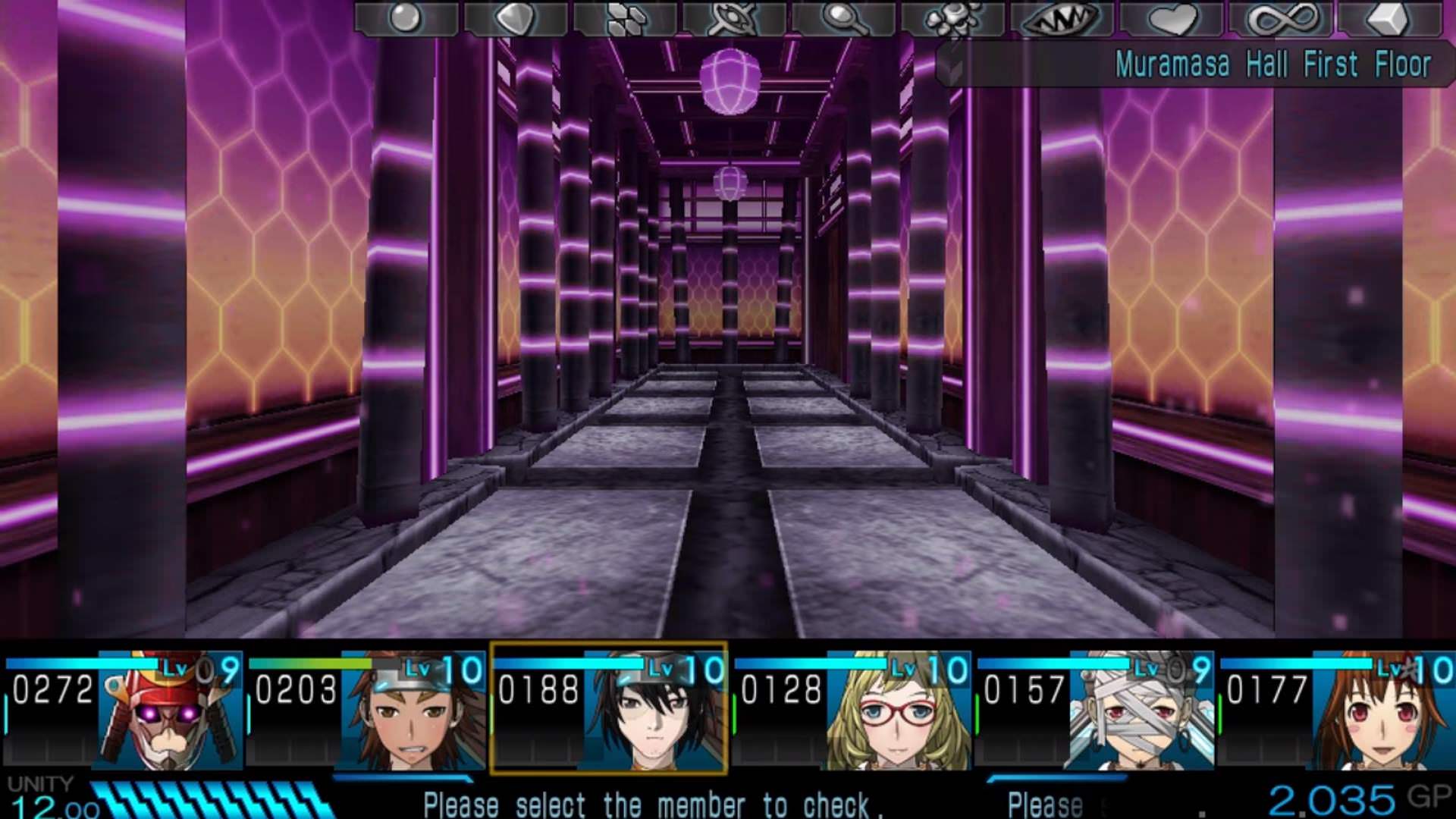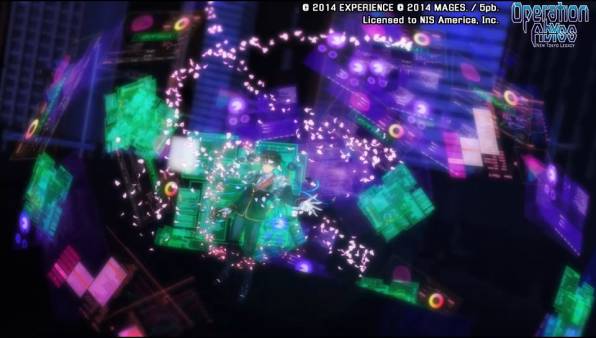It has been three years since Operation Abyss New Tokyo Legacy, a visual novel RPG hybrid was released in Japan. We gave the game a respectable score of six out of ten when it was released in English back in 2015 for the PlayStation Vita, and a few years later a PC port surfaced through Steam. The long awaited sequel has now arrived, under the name of Operation Babel: New Tokyo Legacy. Several new systems have been introduced to the formula for Operation Babel, which make the game a more enjoyable experience than its predecessor.
The storyline of Operation Babel begins in a similar manner to that of Operation Abyss. You take on the role of an unseen protagonist who attends the local high school. After being attacked by a creature called a Variant, you are inducted into the XSith Squad, a highly secret team of operatives given powerful abilities through a process known as Code Rise. Your mission as a part of this team is to enter a series of labyrinths and defeat the Variants within. Along the way, you will also encounter a rogue group of operatives, who are seeking to use the variants for their own misguided ends, and infiltrate an unknown object known only as the Embryo. The storyline has a more defined structure than Operation Abyss, especially during the late game where betrayals of the main cast spring at you in the worst possible moments.
Direct sequels rarely change the formula that makes the original game a success, and this is certainly the case in Operation Babel. Most of the games exposition takes place within scripted visual novel style cut scenes, which thankfully can be easily skipped if you are looking to head to the next labyrinth without paying heed to the narrative. This is not to say that the game’s plot is bad, as it builds on the enjoyable plot of the original game. Several characters from Operation Abyss make a return appearance, such as the confident leader of the XSith Squad Captain Alice, and the slightly underwhelming extended technical support that comes from Kaito Saeki.


